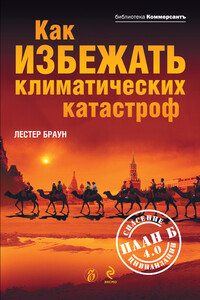Английский язык для специальных и академических целей: Международные отношения и зарубежное регионоведение. Часть 1 | страница 39
BRUSHING UP READING SKILLS
Key words: empire, decline, fall...
Historians have usually been kind to the British decision to wind down their empire without protracted resistance and often contrasted it with the ‘dirty' wars waged by the French in Indochina and Algeria. A pervasive historical myth (enthusiastically endorsed in political memoirs) suggests that the British excelled in the practice of ‘managed decline': the pragmatic adjustment of imperial ambition to shrinking resources. It was certainly true that they were extremely reluctant to resist mass political movements, whether in India after 1945 or in Africa after 1959. But they were much less unwilling to use military force where the odds were more promising and the incentives were greater: as in Malaya, Cyprus and Kenya. Nor was it true that British leaders quickly adjusted their vision of Britain's place in the world to its reduced physical power and economic potential. The reverse was the case for much of the time. The supposed apostle of pragmatism, Harold Macmillan, was anything but. His grandiose scheme for preserving British world power betrayed a flawed understanding of European politics and (much more understandably) almost no comprehension of the complex realities of African politics. [ ]
In fact, the long series of ‘misjudgements' — the false hopes of India, the false expectations in Africa, the vision of Britain as the third world power, the economic grand strategy built around the survival of sterling, the struggle to keep the Middle East imperium (the real cause of Suez*), the dream of an enduring but somehow inexpensive world role (‘Britain's frontiers are on the Himalayas') — reveal something more interesting than the wisdom of hindsight. They suggest that predicting historical change is a hazardous business: there are too many factors at play and far too much noise to decode the correct signals. They remind us especially that empires rarely decline at a predictable speed and even more rarely along a predicted path. The Ottoman Empire, to take an example at random, suffered a long series of setbacks from the mid seventeenth century. It was widely despised as the ‘sick man of Europe'. Yet it only broke up after 1918 at the end of an arduous military struggle against two of the world's greatest powers. The second example is even more salutary. Less than a decade before its sudden collapse, the Soviet Empire was regarded as an impregnable power and immune from the strains that dented American confidence in the aftermath of Vietnam. Its fall astonished the world. So it was hardly surprising that British leaders did not predict Britain's future correctly.


